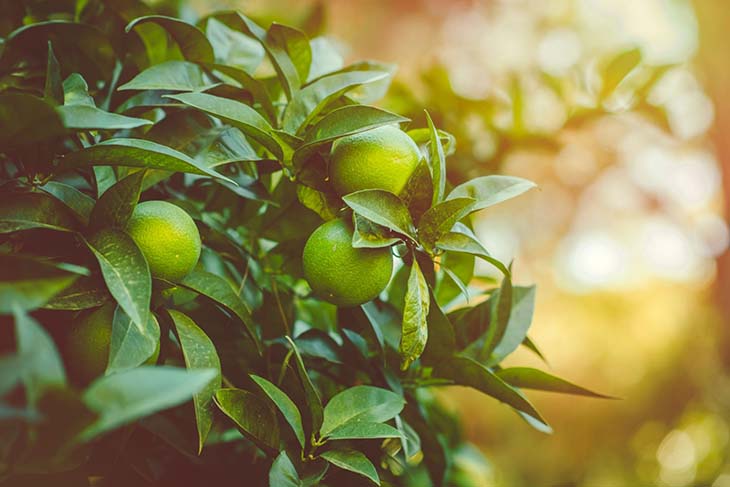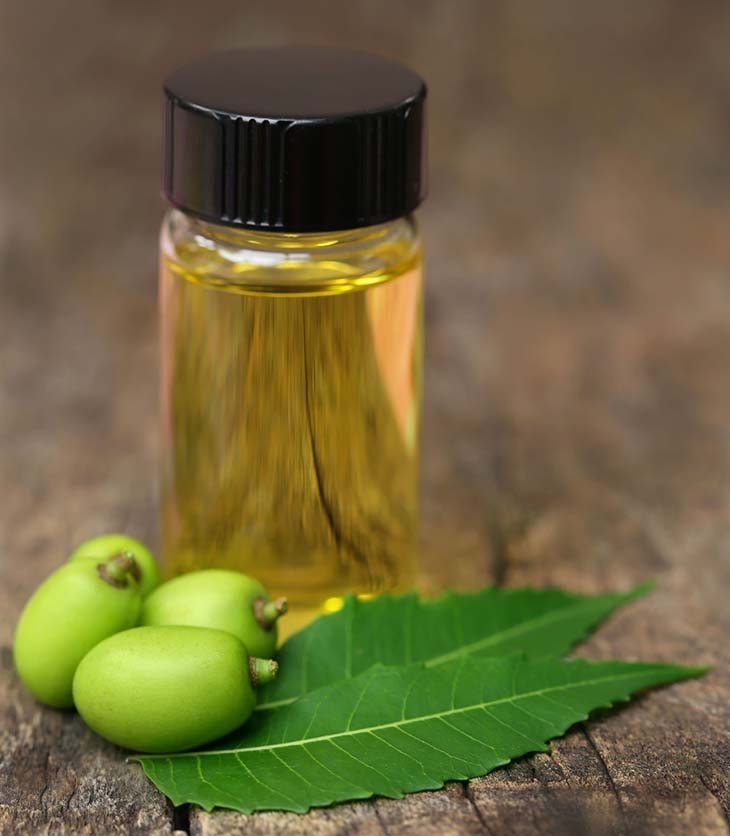With multiple benefits for health, but also for various household tasks, lemon is one of the essential citrus fruits to always have in your pantry. Originally from India, with its thick yellow skin, juicy texture and tangy taste, lemon is consumed all over the world. From starter to dessert, this low-calorie fruit is a real slimming ally.
A plant very popular for its small white flowers with an intense scent, you can perfectly grow a lemon tree in your garden or on a terrace as an ornamental plant. And who wouldn’t love to harvest their own fresh, organic lemons at home? In the ground or in a pot, caring for a lemon tree is not that complicated. You still have to follow certain basic rules.
The intensity of the harvest varies depending on the climate and the size of the plant, knowing that the largest can produce up to 600 fruits per year. To harvest beautiful lemons, it is necessary to regularly maintain your lemon tree by choosing the ideal fertilizer and adapting to the seasons.
In this article, we invite you to discover simple and practical advice for taking good care of your lemon tree.
Where to grow a lemon tree?

Lemon trees can be grown in the ground or in pots. It is evident that those grown on land can achieve greater size and branch opening. However, for this type of culture, it is better to favor warmer places. In the other case, it is preferable to cultivate the plant in a pot, keeping it in a fairly bright place. In winter, it is better to install the pot in an area that is not too cold and, if the temperature becomes too low, cover the plant with a cloth to offer it some warmth. Warning: if you keep your plant indoors, remember to keep it away from direct sources of heat and avoid sudden changes in temperature.
Which pot to choose?
If you decide to grow your lemon tree in a pot, pay attention to the type and size of pot you use. The pot must have a diameter of at least 20 to 30 cm. But if the plant grows, you need to change it before the roots grow. In this case, opt for a larger pot, with a diameter of at least 50 to 60 cm.
How and when to water?
For your lemon tree to grow properly, it needs a good amount of water. In general, you should only water the plant when the soil is dry. In winter, watering every two weeks is generally sufficient. While in summer, we advise you to water every two or three days. As it is an evergreen shrub, watering should not be spaced too far apart and the soil should always be moist.
Which floor to choose?
The soil you choose is very important for the healthy growth of the lemon tree, but also to benefit from abundant harvests. First of all, you should know that lemon trees cannot tolerate stagnant water, so the soil must be well drained. The pH should be between 6.5 and 7.5. The ideal soil should have a composition based on clay and sand. Don’t forget to also provide minerals such as magnesium, potassium or even nitrogen oxide in the soil.
How to treat plant diseases?

Cottony or shelled, cochineals are frequent parasites found in the garden or on indoor plants. They infect plants and suck plant sap.
To get rid of it, you can apply an effective mixture based on water and Marseille soap. Using a sprayer, simply spray it on the plant to drive away all these parasites and allow your lemon tree to have healthy growth. This mixture should be applied every 3 or 4 days for optimal results.
NB: Against aphids, or plant lice, you can instead use a remedy based on water (about a liter) and 5 to 6 drops of Neem oil, which acts as a powerful insecticide. Spray the mixture on the plant to repel all these unwanted people.
What fertilizer to use?

Fertilizing is important if you want to increase the growth of your lemon tree.
If you have lemon plants in the ground, you can apply an organic fertilizer every two years, preferably in autumn to stimulate fruit production. In other cases, you can use fertilizers based on phosphorus, nitrogen and potassium to counter yellowing of leaves and boost fruit production.
Little tip: lupine seeds make an excellent, quick and practical fertilizer. Just crush them and spread them on the ground. Their high nitrogen content will promote the growth of the plant.
When is it best to prune?
Do you want to prune the plant but don’t know when is the best time to do it?
The truth is, you can prune your lemon tree at any time. However, it is not recommended to do this in winter as the pruned parts may be damaged. It is best not to prune the plant when the fruit is growing to prevent it from falling before it is fully ripe.
NB: If you have the slightest doubt as to the use of these remedies, do not hesitate to seek advice from your florist or a gardening specialist.



